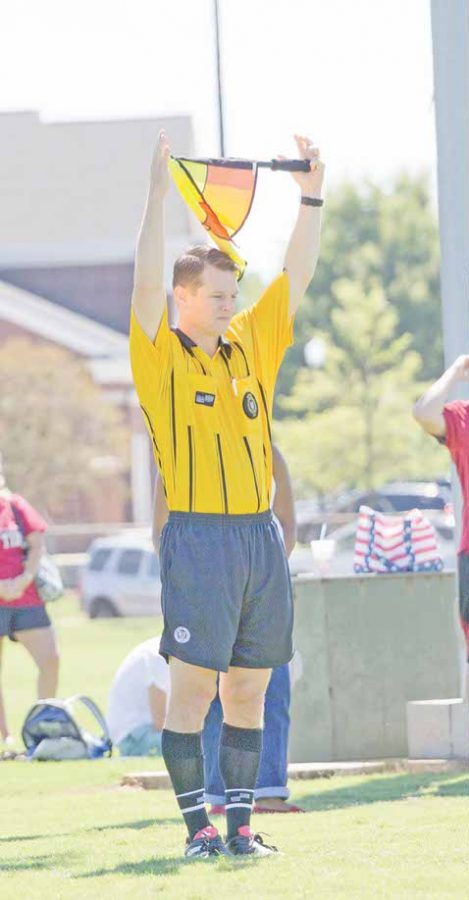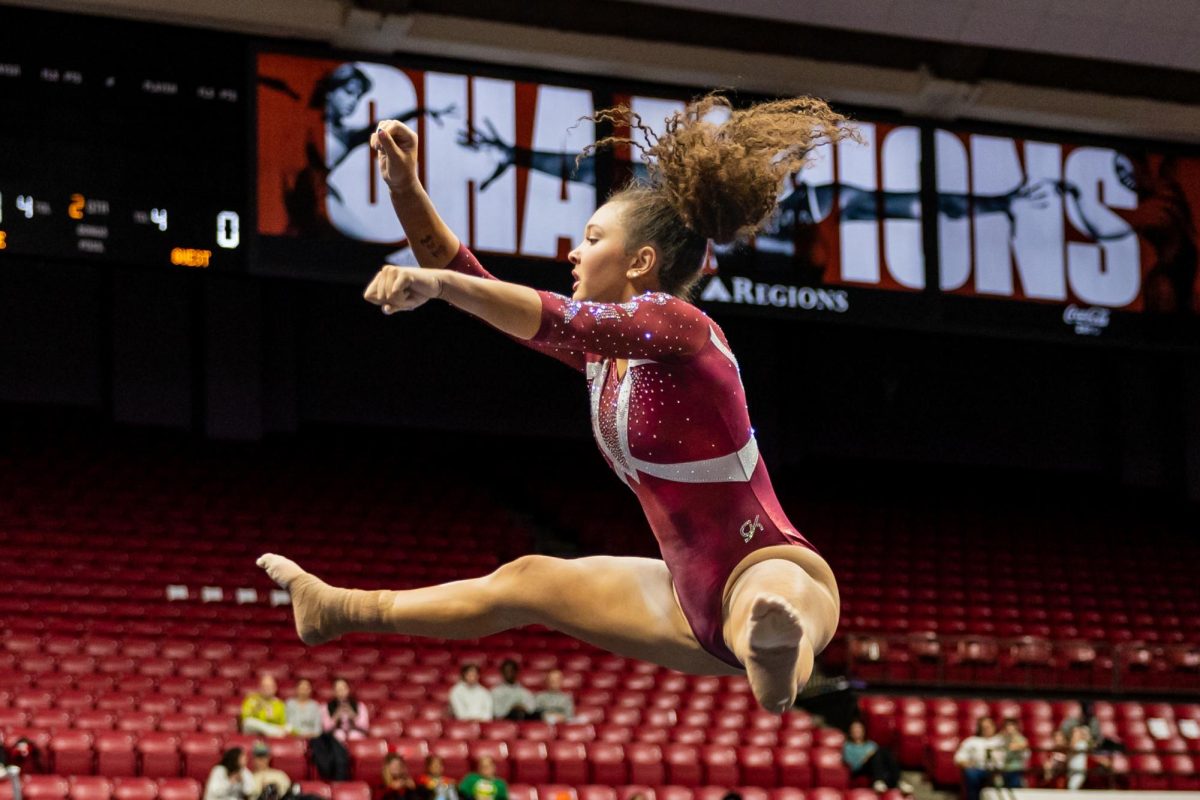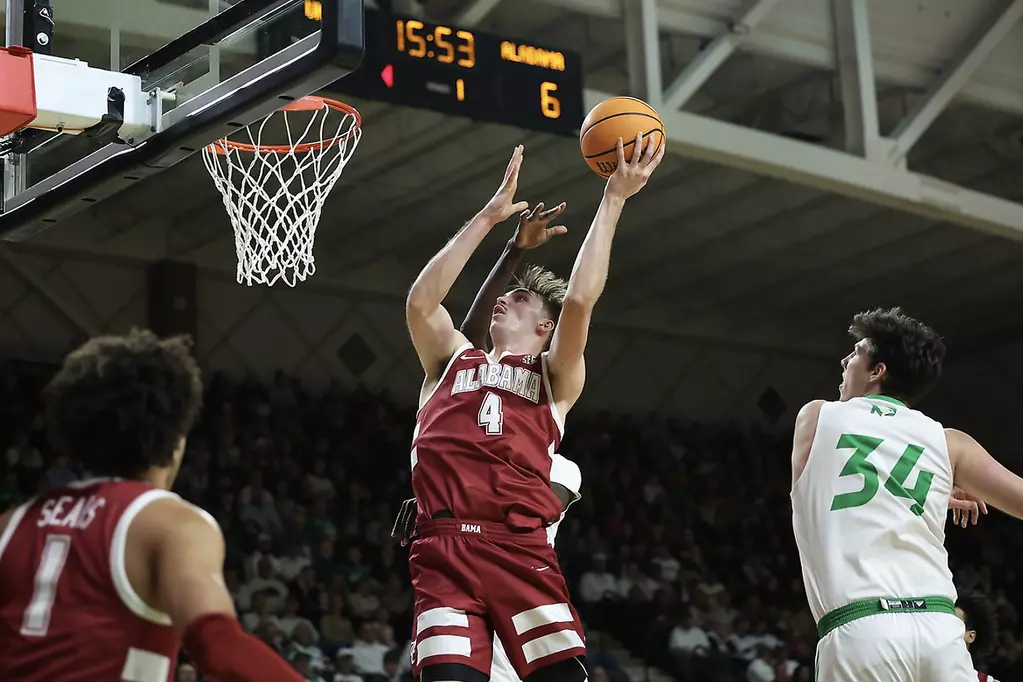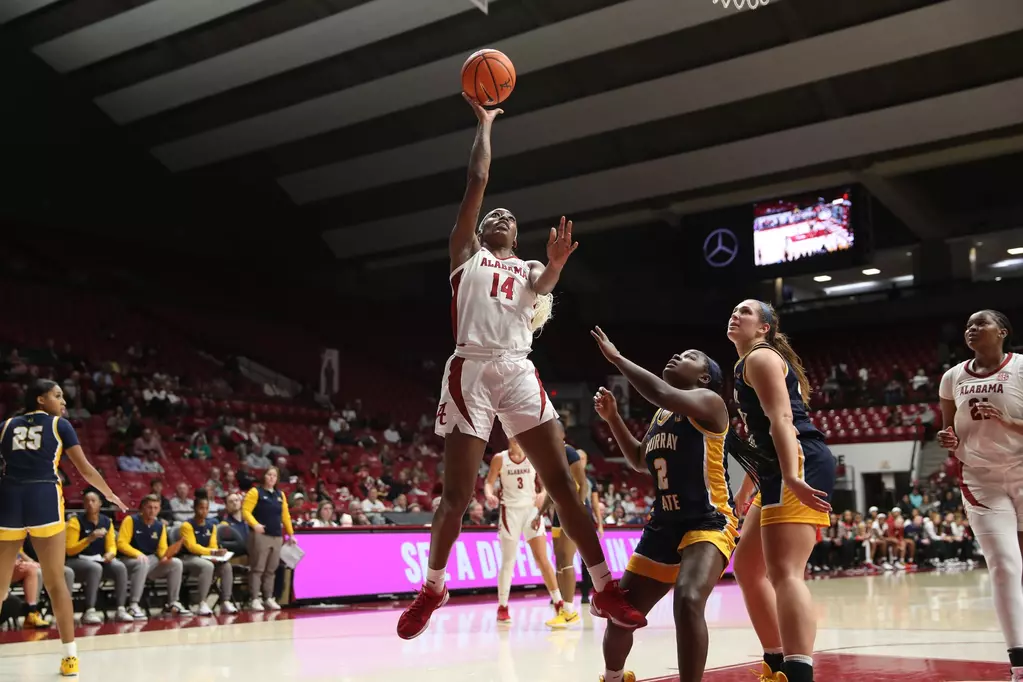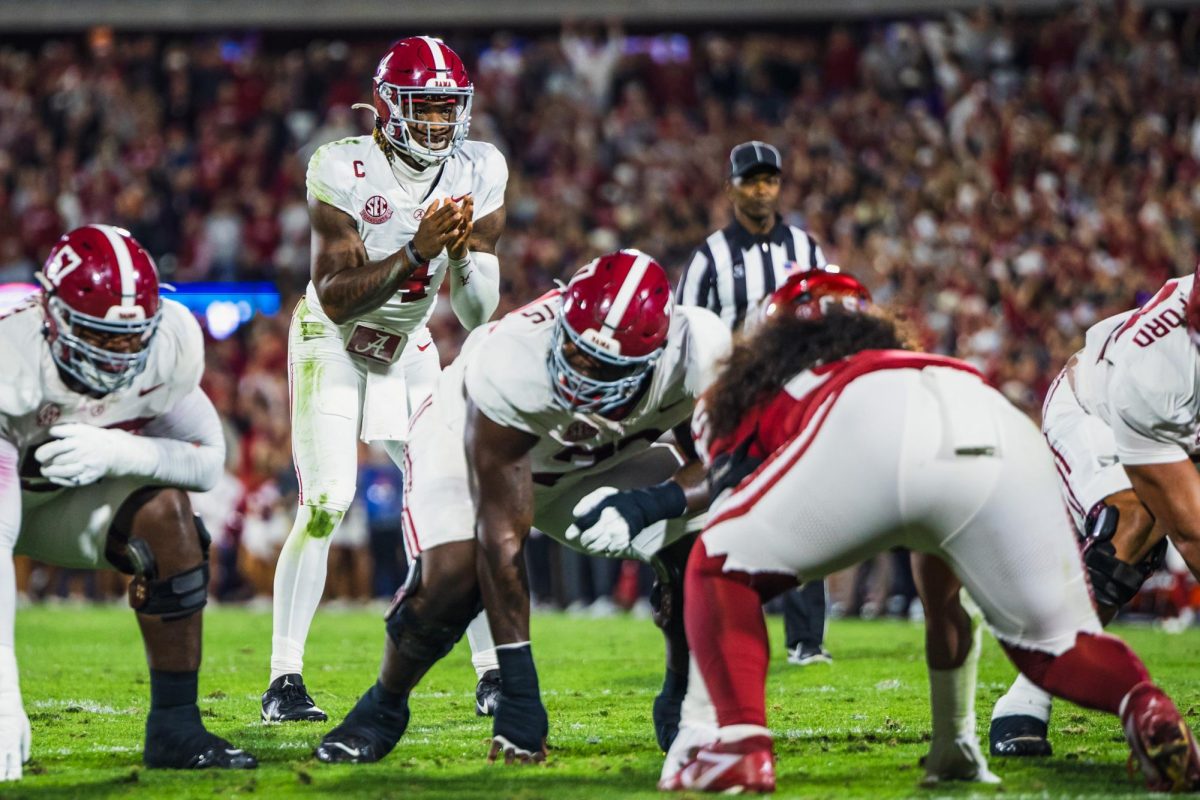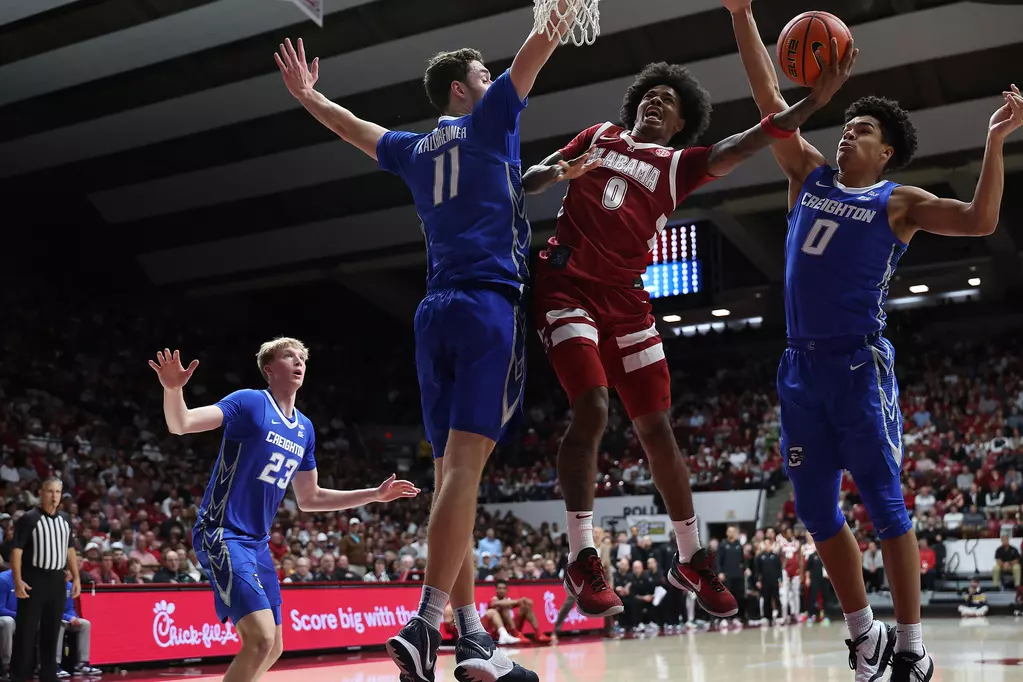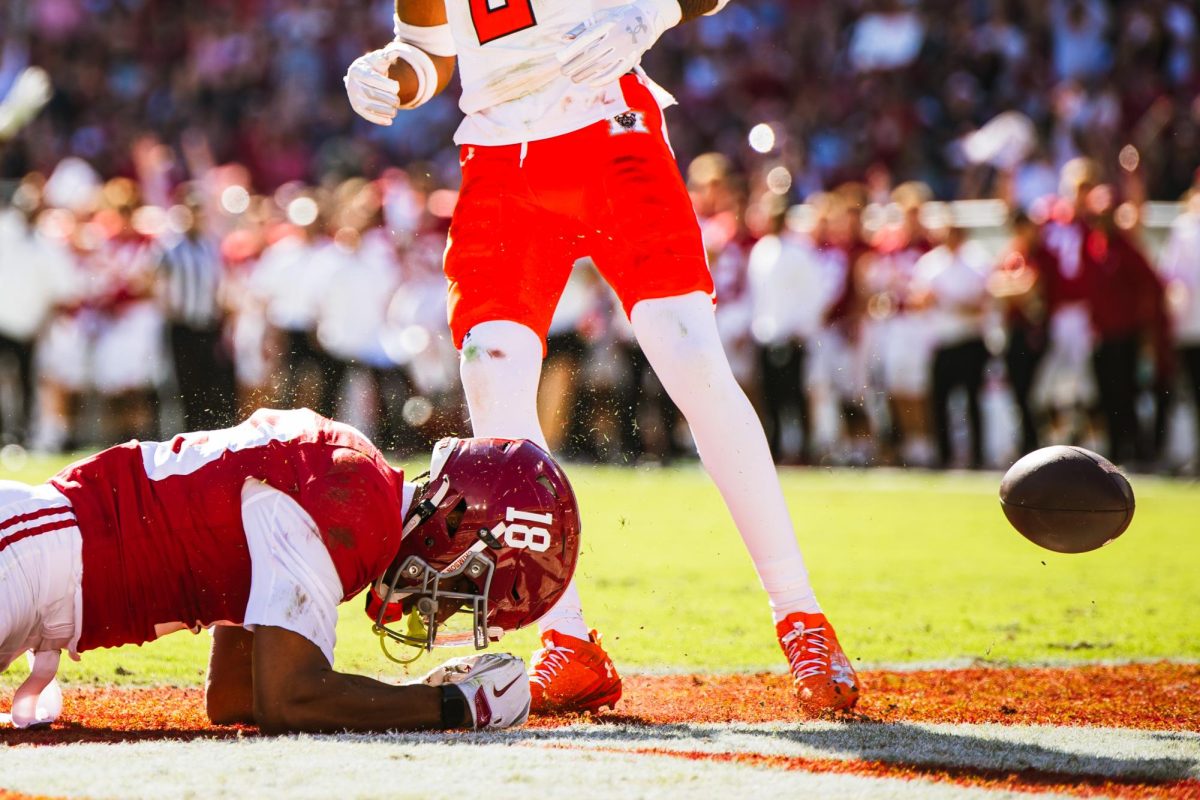Intramural flag football at The University of Alabama uses a rulebook much like that of Nick Saban and the rest of the SEC, albeit intramural teams don’t worry about targeting penalties.
But just like targeting, players don’t always agree with the rules that are in place.
Many students say some rules are strange and tedious, such as the rule banning shorts pockets.
“The only thing I don’t like about no pockets is it’s so hard to find shorts with no pockets. The rule is fine with me. It’s just an inconvenience, but it’s for the better,” Wesley Newberry, a sophomore majoring in music education, said.
While the students may not like these rules, they are put into place and enforced for the students’ own safety, George Tyler, a senior majoring in criminal justice, said.
“I can understand how a lot of the rules are put into place just because of safety,” Tyler said.
Intramural Sports Coordinator Shelby Sims said the Intramural Sports Office writes the rulebook based on what other schools are doing and the National Intramural-Recreational Sports Association handbook.
Like many students, Phillip Stevenson, a senior majoring in operations management, said having to remember all the rules takes away from the game.
“There’s just so many rules, the fun that could exist for intramural sports is diminished,” Stevenson said.
Sims said the intramural office understands and considers the concerns regarding the amount of rules and penalties teams may face during any game.
“We are doing everything to instill fairness and sportsmanship with all of our participants, and that’s something that our university expects out of us, and we have to make sure we are doing everything that we can to live up to that,” Sims said.
Apart from the countless rules, many students have stressed concerns about the adequacy of the intramural officials.
“I feel like there’s a ton of rules, but for the most part, it’s the inability of the refs to referee consistently and effectively,” Tyler said.
Sims said before becoming an official intramural referee, applicants must go through many hours of training that include both lectures and on-court training. Flag football officials are required to attend eight to 10 hours of training before their first game officiating. In the past few years, the intramural office has implemented an instructional scrimmage that allows trainers to stop play when needed and instruct the new officials.
This year the intramural office has seen a surplus of officials. Sims said with high numbers of people, it is difficult to make sure every single person is well-educated.
“There’s going to be participants that are not happy with the officiating. There’s going to be officials that give wrong information, enforce penalties wrong. When that happens, the best thing we can do is address it and try to fix it,” Sims said. “We are aware of all of these things, and we do everything we can to try to fix it.”



